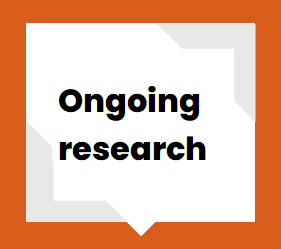The Court of Appeal and the Criminalisation of Refugees (Yewa Holiday, Elspeth Guild and Valsamis Mitsilegas)
This independent research project, invited by the CCRC, examines the situation of refugees in England and Wales who are prosecuted to conviction for irregular migration in circumstances which are contrary to the mandatory requirement in international refugee law that refugees not be penalised for irregular entry or presence in a country.
Between 2005 and 2016, the CCRC referred close to 60 such cases for appeal; around one third were referrals to the Court of Appeal.
In 2016, The Court in R v YY and Nori [2016] EWCA Crim 18 (‘Nori’) stated that refugees who had been convicted of offences of irregular migration but who had not appealed their convictions and were now out of time to do so need no longer apply to the CCRC.
Instead refugees in this position could go straight to the Court of Appeal. The Court also suggested that the CCRC ought to change its policy on exceptional circumstances as in the Court’s view, the CCRC appeared to be applying exceptional circumstances as ‘a matter of routine’. The CCRC changed its policy on exceptional circumstances after the Nori case. The research question – Does the approach of the Court of Appeal after R v Nori protect refugees from criminalisation? – investigates whether refugees are appealing direct to the Court and the outcomes; and evaluates the impact of Nori on refugees and on the decision-making of the CCRC and the Court. The CCRC identified the research topic as one that is important to its functioning as a reviewer of miscarriages of justice. The paper, ISBN 978-1-5272-3266-2, was published by the CCRC in November 2018.
See the Commission’s response to the paper.



